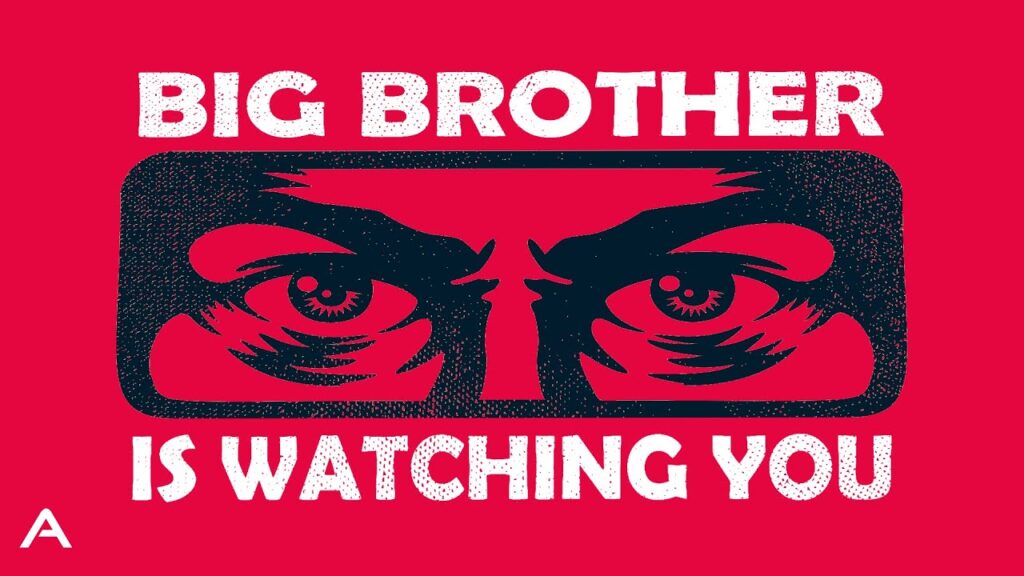What is the difference between an organisation that increases its profits by 80% in one year and one that loses 140 -180 employees every month? The answer often lies in attitude. Consider these 2 business case studies – one where management operate like Big Brother, and the other with a more inclusive, benevolent approach.
The first, as recently reported in Guardian Australia, is Centrelink, where staff claim their toilet breaks are now being timed by management. They said management software programs, which help team leaders capture call time figures and monitor staff activities, acted more like a surveillance system, describing them as “intrusive and stressful”. They also assert that those who rack up customer lost time minutes, as little as 30 minutes over a one-month period, or an average of 90 seconds a working day, are warned and performance managed.
This all comes at a time when Centrelink is under sustained scrutiny to improve response times and has recently recruited 3000 new trainees. Yet the organisation is losing 140-180 workers every month, indicative that this ‘big brother’ approach is having appalling knock-on effects.
Now consider an alternative approach. Discarding its previous traditional business planning, Queensland manufacturer Harnex decided to ask its 130 employees to tell them what they would like to change (provided it added to the business success). They came up with ideas across the spectrum, from improving tools, to more flexible shifts to better workplace training The company then created a one-year strategy plan from the results, with employees responsible for implementing and driving the innovations. The plan was tracked on a daily basis and successes were celebrated by the whole workforce.
CEO Hayley Cooper says that the differences were almost immediate. Not only did everyone take more ownership but this was also reflected in lower sick days (avg 2.99 days per employee per year) and skyrocketing retention rates (currently 4.61 years for unskilled workers; 8.22 years for skilled). Yet perhaps the biggest shock were the business results. This year, Harnex had revenue growth of 40% and profit growth of 81% – a change that Hayley ascribes to implementing a strategic plan primarily based on people-centric more inclusive policies.
So thinking back over your organisation’s performance for 2023 consider these questions:
What did we do well? What were our disappointments? and most importantly: How did we limit ourselves? That is, how did our attitude to our employees impact on our business success? Like Hayley, you may find that identifying the answer to that third question, and incorporating a more inclusive approach, might uncover the best solutions and help you build a remarkable organisation of your own.


